School of Industrial Physics and Chemistry of the City of Paris: Statistics
Updated:
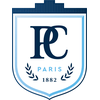

| Position | Category |
|---|---|
| #1553 of 14,131 | In the World |
| #550 of 2,785 | In Europe |
| #58 of 224 | In France |
| #25 of 65 | In Ile-de-France |
| #14 of 27 | In Paris |
| #153 of 1,015 | For Polymer science and Plastics engineering |
| Top50% | For 73 other topics |
Quick Review
- Enrollment
- 1,000
- Type
- Non-profit
- Funding
- Public-private
partnership - Website
- espci.fr
- Acceptance rate
- 45%*
* The School of Industrial Physics and Chemistry of the City of Paris is among the institutions that don't provide data on acceptance rates. This might happen because the university has programs where applicants only need to meet admission requirements to enroll and don't necessarily compete with others.
We estimate the above acceptance rate based on admission statistics of closely ranked nearby universities with similar research profiles that do publish such data.
Acceptance rate & Admissions
| Admissions Requirements | Competitive admission |
|---|---|
| Enrollment | 1,000 |
| Full time employee | 300 |
| Student:staff ratio | 3:1 |
Research profile
School of Industrial Physics and Chemistry of the City of Paris has published 9,359 scientific papers with 347,984 citations received. The research profile covers a range of fields, including Physics, Engineering, Chemistry, Quantum and Particle physics, Materials Science, Biology, Organic Chemistry, Optical Engineering, Computer Science, and Environmental Science.
School of Industrial Physics and Chemistry of the City of Paris majors
by publication & citation count
Annual publication & citation counts
| Year | Publications | Citations |
|---|---|---|
| 1992 | 64 | 658 |
| 1993 | 78 | 612 |
| 1994 | 85 | 729 |
| 1995 | 86 | 776 |
| 1996 | 74 | 954 |
| 1997 | 98 | 1062 |
| 1998 | 93 | 1149 |
| 1999 | 73 | 1182 |
| 2000 | 79 | 1254 |
| 2001 | 93 | 1447 |
| 2002 | 118 | 1844 |
| 2003 | 103 | 2044 |
| 2004 | 97 | 2216 |
| 2005 | 157 | 2510 |
| 2006 | 170 | 2999 |
| 2007 | 209 | 3344 |
| 2008 | 227 | 4072 |
| 2009 | 266 | 4759 |
| 2010 | 297 | 5723 |
| 2011 | 321 | 6730 |
| 2012 | 374 | 8347 |
| 2013 | 398 | 9629 |
| 2014 | 400 | 11275 |
| 2015 | 384 | 12617 |
| 2016 | 546 | 16270 |
| 2017 | 443 | 19338 |
| 2018 | 406 | 24667 |
| 2019 | 468 | 27980 |
| 2020 | 498 | 31781 |
| 2021 | 545 | 36048 |
| 2022 | 523 | 31868 |
| 2023 | 557 | 33676 |
| 2024 | 490 | 32479 |
Tuition
The tuition table for School of Industrial Physics and Chemistry of the City of Paris gives an overview of costs but prices are approximate and subject to change and don't include accommodation, textbooks, or living expenses. The costs of programs might differ significantly for local and international students. The only source of truth for current numbers is the university's official website.
| Program | Tuition Cost (EUR) | Academic Year |
|---|---|---|
| Bachelor's Degree | 1,500 | 2021-2022 |
| Master's Degree | 3,000 | 2021-2022 |
| PhD Program | 5,000 | 2021-2022 |
The currency used in this table is EUR (Euro)
School of Industrial Physics and Chemistry of the City of Paris alumni
-
Pierre Curie
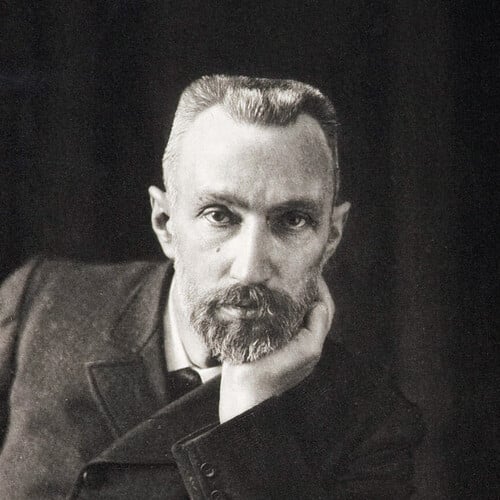
- Occupations
- university teachernuclear physicistphysicistchemist
- Biography
-
Pierre Curie was a French chemist, physicist and a pioneer in crystallography, magnetism, piezoelectricity and radioactivity. He shared the 1903 Nobel Prize in Physics with his wife, Marie Curie, and Henri Becquerel "in recognition of the extraordinary services they have rendered by their joint researches on the radiation phenomena discovered by Professor Henri Becquerel". With their win, the Curies became the first married couple to win the Nobel Prize, launching the Curie family legacy of five Nobel Prizes.
-
Frédéric Joliot-Curie
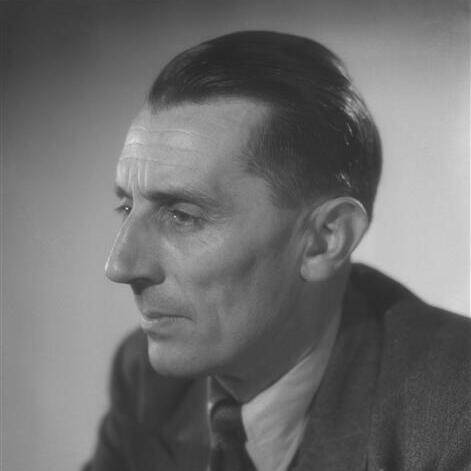
- Occupations
- politiciannuclear physicistchemistphysicistFrench resistance fighter
- Biography
-
Jean Frédéric Joliot-Curie was a French chemist and physicist who received the 1935 Nobel Prize in Chemistry with his wife, Irène Joliot-Curie, for their discovery of induced radioactivity. They were the second married couple, after his parents-in-law, to win the Nobel Prize, adding to the Curie family legacy of five Nobel Prizes. Joliot-Curie and his wife also founded the Orsay Faculty of Sciences, part of the Paris-Saclay University.
-
Hélène Langevin-Joliot
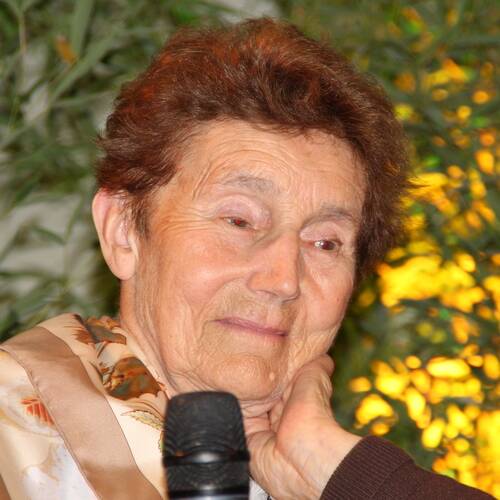
- Occupations
- writerphysicistnuclear physicist
- Biography
-
Hélène Langevin-Joliot is a French nuclear physicist known for her research on nuclear reactions in French laboratories and for being the granddaughter of Marie Curie and Pierre Curie and the daughter of Irene Joliot-Curie and Frédéric Joliot-Curie, all four of whom have received Nobel Prizes, in Physics (Pierre and Marie Curie) or Chemistry (Marie Curie and the Joliot-Curies). Since retiring from a career in research Hélène has participated in activism centered around encouraging women and girls to participate in STEM fields. Her activism also revolves around promoting greater science literacy for the general public.
-
Paul Langevin
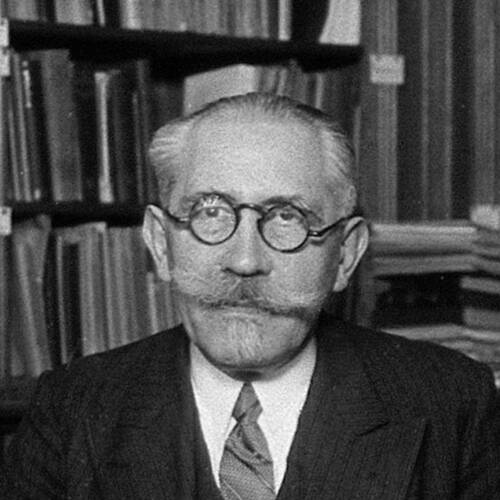
- Enrolled in the School of Industrial Physics and Chemistry of the City of Paris
- Studied in 1888-1893
- Occupations
- philosopher of sciencechemistuniversity teacherphysicistpedagogue
- Biography
-
Paul Langevin was a French physicist who developed Langevin dynamics and the Langevin equation. He was one of the founders of the Comité de vigilance des intellectuels antifascistes, an anti-fascist organization created after the 6 February 1934 far right riots. Being a public opponent of fascism in the 1930s resulted in his arrest and being held under house arrest by the Vichy government for most of World War II. Langevin was also president of the Human Rights League (LDH) from 1944 to 1946, having recently joined the French Communist Party.
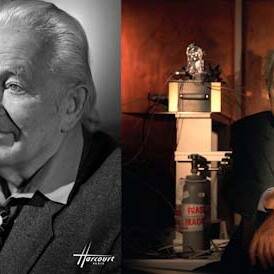
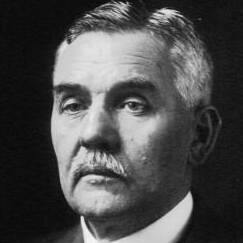
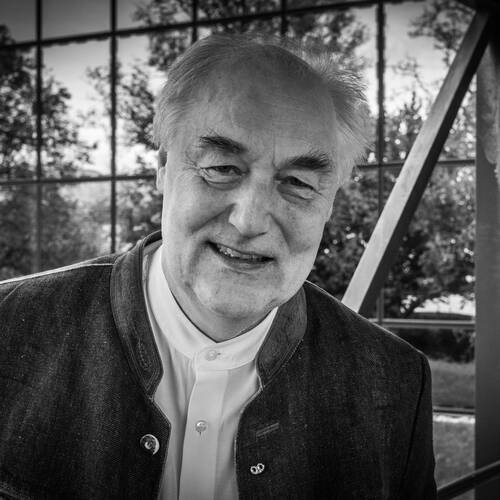

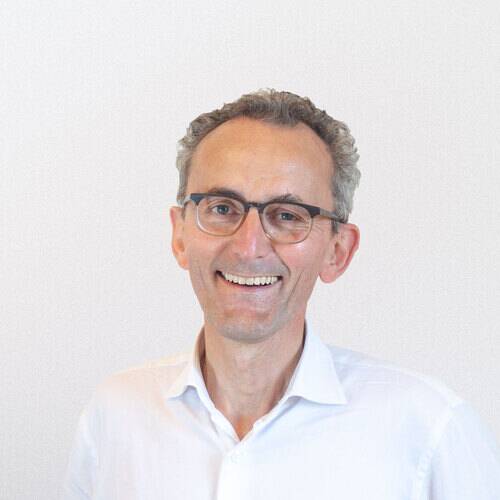
General information
| Alternative names | ESPCI Paris École supérieure de physique et de chimie industrielles de la Ville de Paris |
|---|---|
| Founded | 1882 |
Location and contacts
| Address | Paris France |
|---|---|
| City population | 2,146,000 |
| Phone | +33 (0)1 40 79 44 00 |
| Fax | +33 (0)1 40 79 44 25 |
